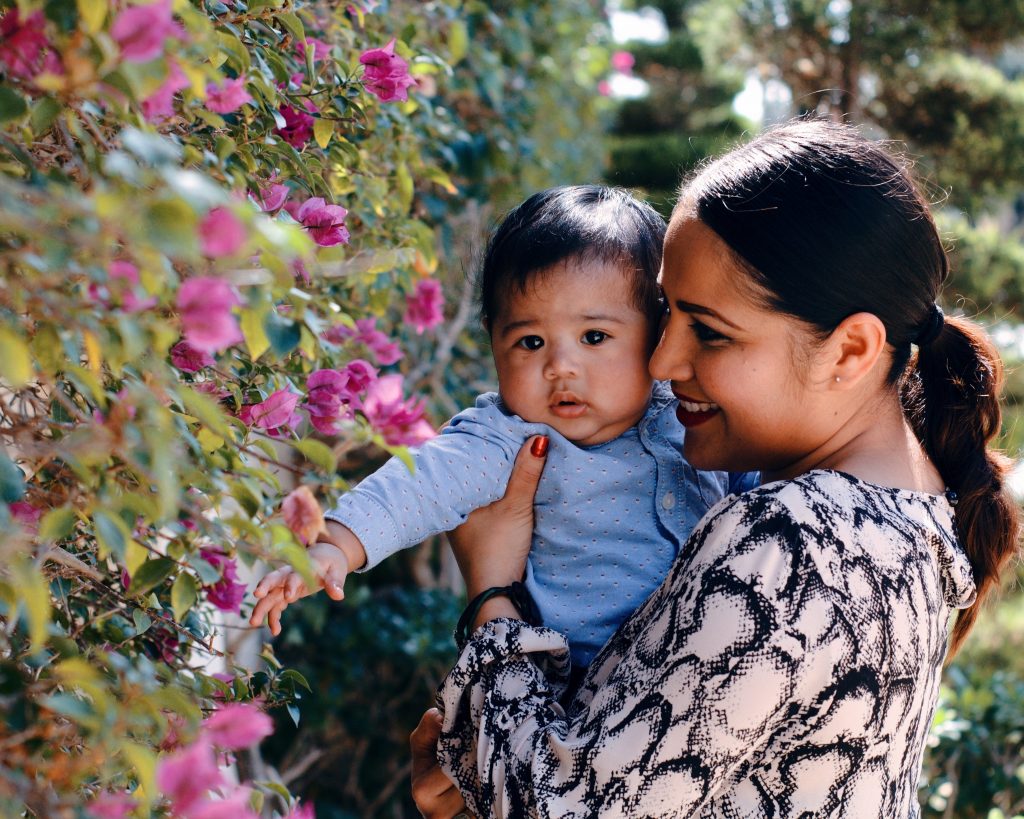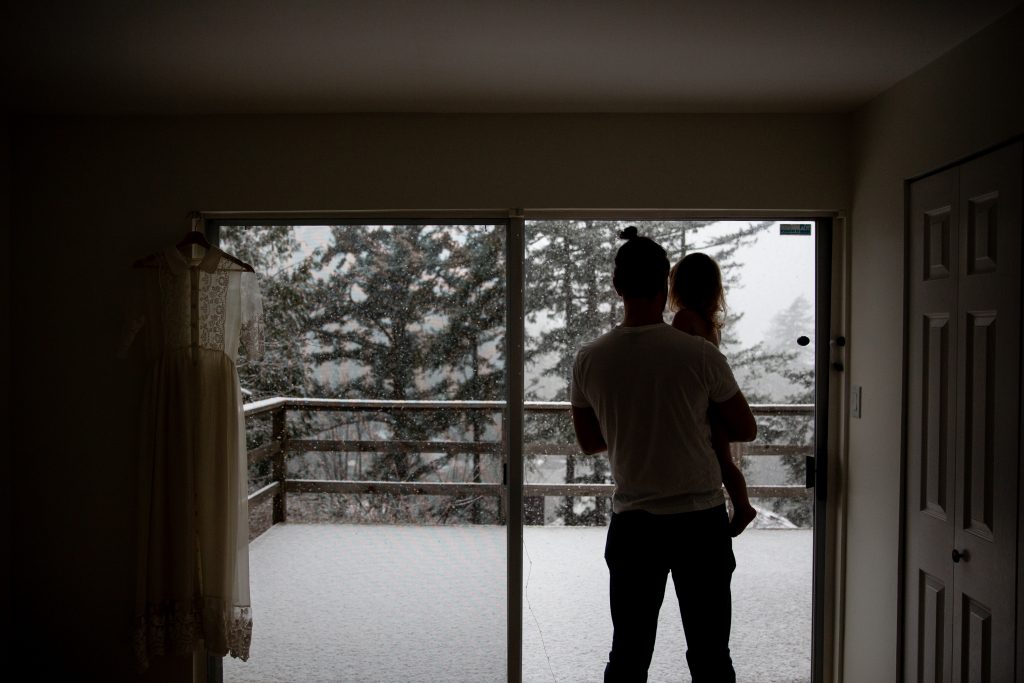Yesterday was World Peace Day, and it helped me realize how peace often comes from a sense of calm and the idea that I have time: the time to leave my phone on silent, the time to spend folding pieces of paper into cranes, the time to help my children write letters to communicate messages of peace to their friends, the time to be a peaceful parent.

Going outside is a good way to connect in a peaceful way
Probably the biggest disappointment I see in my kids’ eyes is when they want me to play and I need to do dishes, I need to fold this laundry, I need to finish this work. The news cycle makes us feel as though if we don’t read every story then we’re left behind and the collapse of the world is on our shoulders (just me?) but one thing I have really taken to heart since learning about World Peace Day is how the concept of world peace must start in ourselves and our hearts. For me, that starts in my own home and bleeds out to how I treat everyone around us.
I spoke to Marian Cortes Brina, a Montessori certified teacher, speaker, music enthusiast, peace educator, and community ambassador on how the model of peaceful parenting extends to the rest of our world.
What does World Peace Day mean to you?
Brina: World Peace Day for me is a celebration of people coming together to demonstrate the truest meaning of peace, to enlighten others that peace should start from within and that it may radiate to all humanity. This day should be celebrated with children. I would like to mention Maria Montessori’s vision of world peace here. She dreamed of world peace through the proper education of the child. To quote her, “Establishing lasting peace is the work of education. All politics can do is keep us out of war.” Now the question is, how can educators and parents achieve this? By simply modeling good behavior, by teaching children virtues at an early age, and by practicing it every day as part of our daily life. Being peaceful is a way of life.
What is your main tip for parents who would like to move more towards peaceful parenting?
Brina: First, it is important to understand our roles as parents and to acknowledge that we can make a difference. To look at the theory and how it works for the family. Parents need to be reminded that practicing peaceful parenting means having a calm mind and body free from worry. Once the family starts to practice peacefulness in their home, they would start to respect each other as a family, respect others (their neighbors and their community) and appreciate their similarities and differences from others. This may sound a bit mushy but I always believe that “Peace in the world begins with peace in your heart”. It may not be easy to implement peace due to our chaotic world we live in now, especially during this pandemic, but it’s definitely achievable once consistency becomes a part of our awareness.

Sometimes kids just want us to slow down and be with them
What is the most typical obstacle you see for parents who want to peacefully parent?
Brina: Time is the biggest obstacle, especially for busy parents who do not get the chance to have meaningful conversations and interactions with their children. Second is technology, parents nowadays are way too engrossed on their phones/gadgets that they merely use these tools to educate their children rather than spend more uninterrupted quality time with them. And third is [our]priority, we are way too overwhelmed with our goal to have our children learn so many academic and extra-curricular activities that we tend to forget the importance of character education as a foundation and basis for life.
Do you have peaceful parenting advice for international families encountering new cultures and classrooms?
Brina: For international families, respect for other cultures and traditions should be part of our children’s education. Children need to be aware of the similarities and differences they have from others; to respect and appreciate them and to celebrate and embrace them, especially in a globally changing world. In the classroom, the transition period and effective cultural orientation should play a big role in peaceful parenting.
How can parents and teachers work together for positive parenting?
Brina: First, to cultivate and nurture peace education at home and at school. Second, to have consistent communication and trust between parents and teachers. Again, I’m going to quote Maria Montessori and her vision about peace: “Children were the main hope for peace in the world and the role of education was to provide environments that would not only fulfill their intellectual potential but also their empathetic potential”
I suggest that parents and teachers also discuss the following: Qualities of a peaceable school, a peaceable adult, and a peaceable child as much as they discuss math, reading, and learning how to speak English.
Brina leaves us with this thought, to “Always do things with love and passion.”
KEEP READING: Montessori Learning: Meeting Learners at Their Points of Need
Photos: Pexels




